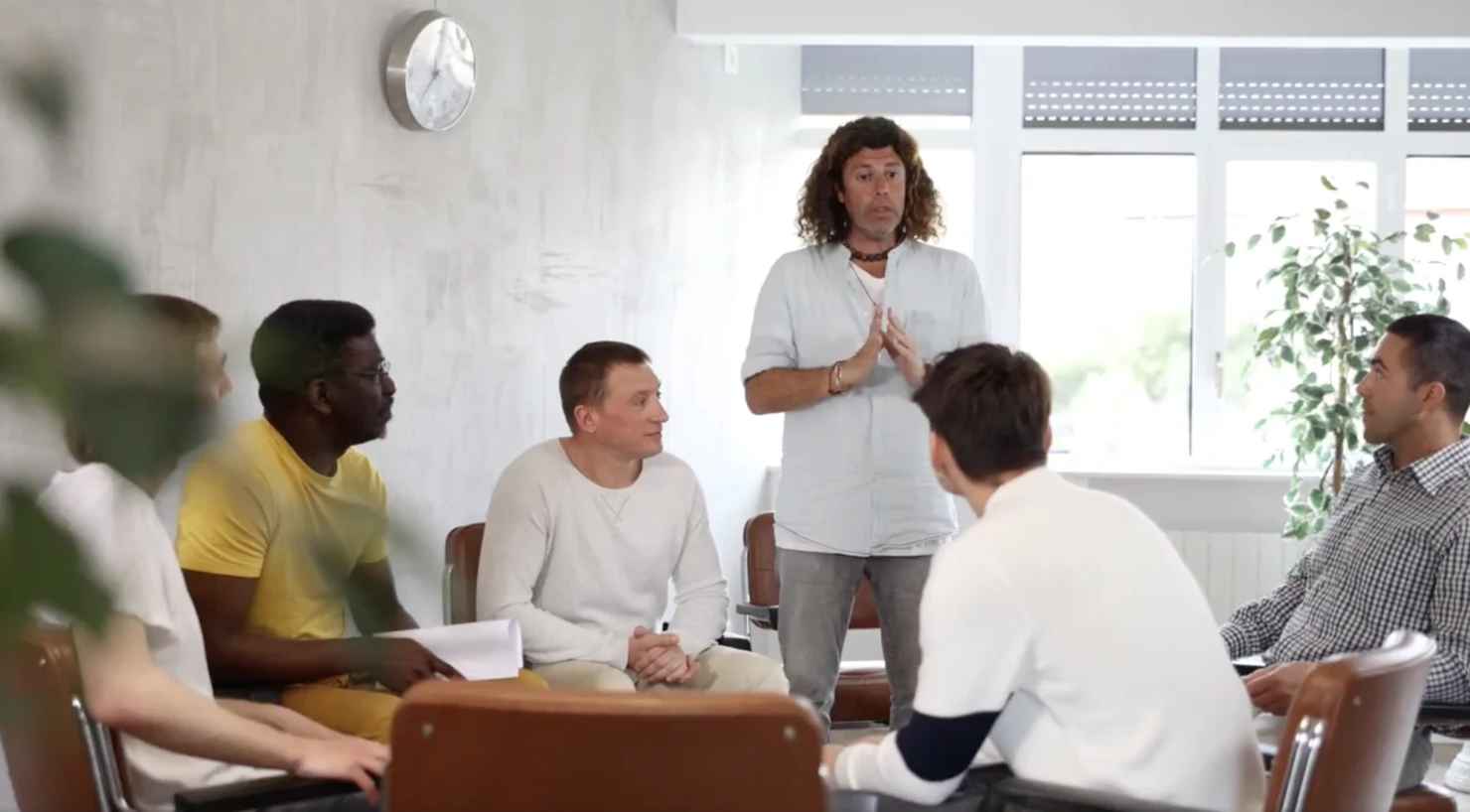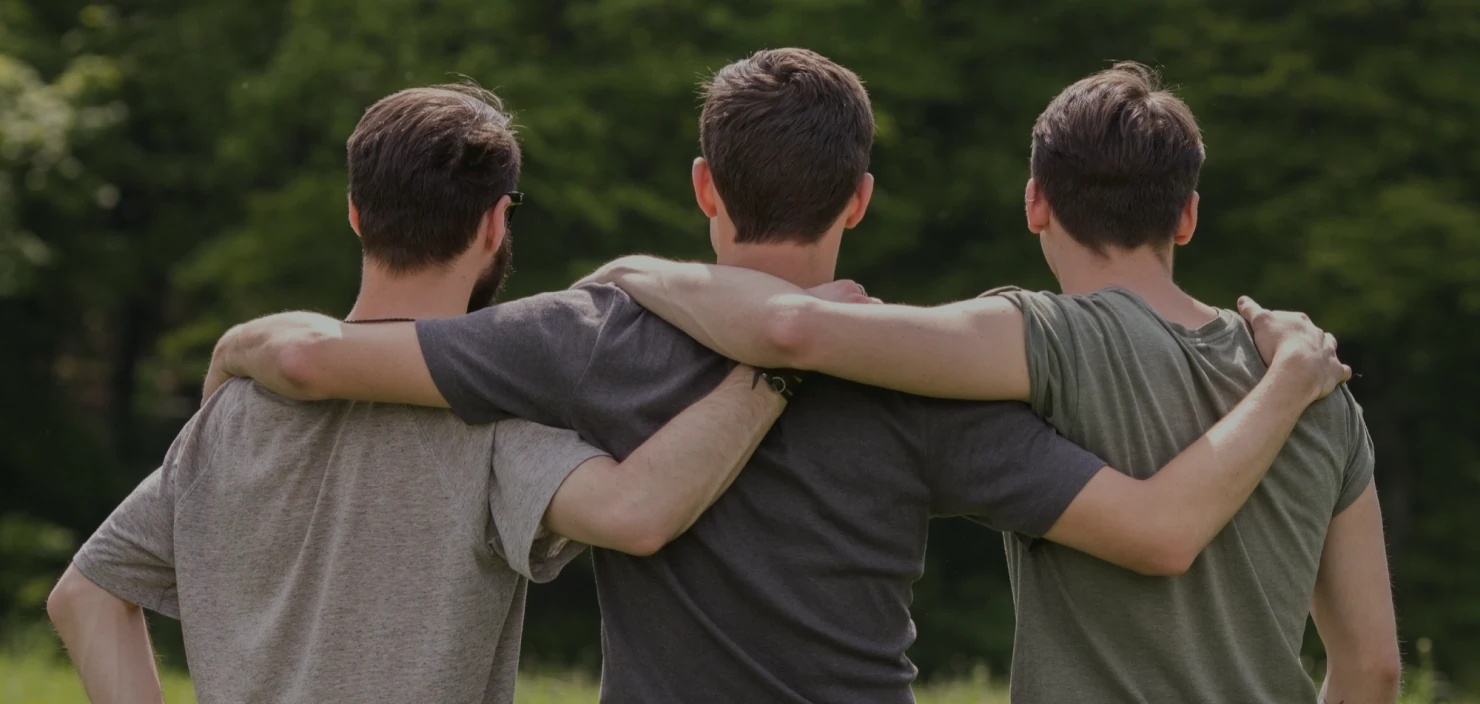
The sessions are led by therapists who start the treatment by guiding the discussion and encouraging everyone to participate. After completing a treatment program, individuals benefit from a well-structured aftercare plan. This plan serves as a roadmap to help them maintain their recovery progress. By adhering to an aftercare plan, individuals can better navigate the challenges they may encounter post-treatment. Modern addiction treatments are designed to address the immediate cessation of substance use and mitigate the risk of relapse. These treatments consider the chronic nature of addiction, emphasizing the need for ongoing care and support.

things every new therapist needs to know

Chris has worked as a business development professional in the addiction treatment industry since 2009. During that time Chris has always aligned himself with treatment programs that have done excellent work for those struggling with substance use disorder. He has had the privilege of working in a variety of geographic regions and levels of care. He truly enjoys the Drug rehabilitation satisfaction of helping people and their families find the program that will best suite their clinical needs, giving them the best chance at successful outcomes. These therapy groups educate clients about their particular conditions and treatment methods, helping them discover better-coping strategies.
Cognitive behavioral groups
- In group CBT therapy, patients with similar conditions are placed in one group.
- Self-care means different things to different people, and some people might have trouble putting a plan in place.
- Group therapy is a cornerstone of substance abuse treatment for several compelling reasons.
- Discussing self-care during IOP group therapy can provide insight into what your peers do to maintain their mental and physical health.
When members feel connected and supported by their peers, they experience improved retention rates and greater treatment engagement. Studies indicate that these elements significantly contribute to higher levels of abstinence and a positive atmosphere conducive to sharing. Many stressors in recovery are hard to group topic for substance abuse avoid, whether they come from personal relationships and family dynamics or are external facts of life like seasonal affective disorder or chronic conditions. In these cases, many coping skills can be cultivated to help you stay prepared for inevitabilities when they surface. Gratitude is key to acceptance and commitment, and while it is one of the foundational emotions to cultivate in recovery, its benefits extend through many aspects of our lives.
Best CBT Group Activities Essential For SUD Treatment

Elaine says that by working here and through a shared experience, she can now help those chained by addiction break free. Rob works directly with guests, their families and caregivers to navigate the insurance approval process and to make arrangements for self-paying individuals. Rob believes that it is essential that individuals seeking help with their addiction not be turned away. The fact that they have come to Alina Lodge seeking help is so important and there may not be another opportunity to get that person on the road to recovery. His role at Alina Lodge is to ensure that we have the financial capacity to deliver the care and services our guests need day in and day out. His work and the work of his team is critical to our mission of seeing the disease of addiction go into remission for each individual who passes through our door.
- However, a huge range of benefits come hand-in-hand with sharing feelings in a group setting that many people can’t get from individual therapy alone.
- Group therapy on this topic provides a safe space for participants to practice improving their interactions with others.
- They say that old habits can be hard to break, and that may be especially true when it comes to substance use.
- As individuals actively participate, they cultivate accountability and community, both essential components for sustainable recovery.
- Elaine says that by working here and through a shared experience, she can now help those chained by addiction break free.
NEW THERAPY WORKSHEETS:
The supportive environment allows members to develop essential coping strategies for managing emotions such as anger and sadness. Additionally, members report improved self-esteem and confidence as they gain insights from others’ experiences, leading to better emotional and psychological well-being. Substance abuse triggers are an essential aspect of addiction, as they can determine the success of recovery. Substance abuse triggers are what encourage individuals to drink alcohol or use drugs again and can significantly increase relapse risk. Discussing each other’s triggers can help clients identify negative behavioral patterns and can provide clients with a way to overcome these triggers and develop effective coping strategies. Cognitive behavioral groups focus on cognitive behavioral therapy to transform negative thought patterns and behaviors.
Including group therapy icebreaker questions at the beginning of any group will help to break the tension and facilitate more personal connections between participants. Sometimes, the toughest part of group therapy is just getting your clients to open up. Here are eight topics and tools that you can implement in your group sessions.
